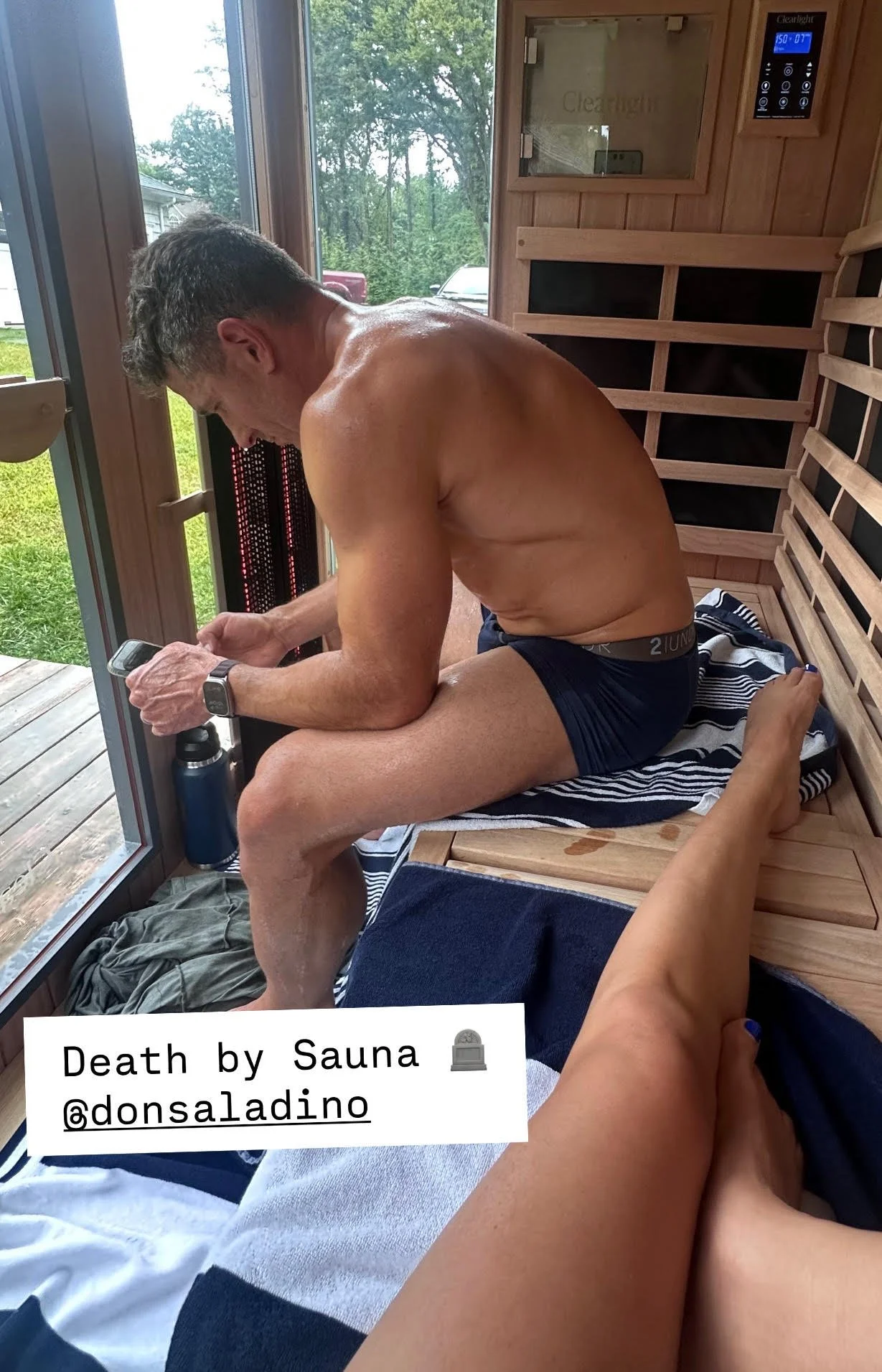Recovery: The Secret Weapon in Training
By Don Saladino, Coach & Health Entrepreneur
Why Recovery Matters
When most people think about training, they think about the workout… the sweat, the heavy lifts, the long runs. That’s the exciting part. But here’s the truth: the real magic doesn’t happen in the gym. It happens when you recover.
From the start of my coaching career, I’ve taught my clients that recovery is just as important as training. Anyone can push hard in the gym but if you don’t respect recovery, you never unlock your full potential. Training and recovery are two halves of the same cycle: one breaks the body down, the other builds it back stronger.
Without recovery, progress doesn’t just slow…it stalls.
What Recovery Actually Does
Think about it this way: lifting weights creates small tears in your muscle fibers. That’s stress. Recovery is when your body repairs those fibers, makes them stronger, and adapts so next time you can handle more.
Skip recovery, and you’re just piling stress on top of stress. Eventually, the system breaks down, burnout, injuries, plateaus. Respect recovery, and your body bounces back stronger.
Recovery Is More Than Rest Days
Recovery isn’t just about taking a day off. It’s an active part of your training plan:
Sleep: Deep, consistent rest is the ultimate performance enhancer.
Nutrition: Quality food provides the raw materials for repair.
Hydration: Even mild dehydration slows recovery.
Stress Management: Breathing, meditation, or a simple walk outside helps your nervous system reset.
Mobility & Movement: Gentle stretching, yoga, or easy walks keep you loose between sessions.
Saunas: Heat exposure boosts circulation, helps relax muscles, and can support cardiovascular health.
Cold Therapy: Ice baths or cold plunges can reduce inflammation and speed up recovery after intense sessions.
Red Light Therapy: This emerging tool uses low-level light to support cellular repair, reduce soreness, and improve recovery time.
Recovery is about building habits and using tools that recharge both body and mind. Not every method works for everyone, but when you find the mix that fits your lifestyle, your performance in the gym (and life) goes to another level.
Recovery in High Performers
I’ve coached some of the busiest, highest-performing people in the world; actors, musicians, athletes, CEOs. You’d think their biggest gains came from training harder. But more often, the breakthrough came when they recovered smarter.
Once they started prioritizing sleep, eating well, and dialing in recovery, their results skyrocketed.
The Takeaway
If you want to train hard, you have to recover harder. Training tears you down. Recovery builds you back up. That’s where strength, energy, and longevity are created.
So don’t feel guilty about rest. Recovery isn’t laziness… it’s training. The more you respect it,the further you’ll go.
👉 Ready for a new training plan? Take my 5-question quiz and I’ll point you to the program that fits your goals.
FAQs
-
Because recovery is when your body adapts. Workouts create stress, but recovery repairs and strengthens your muscles, nervous system, and energy levels. Without it, progress stalls.
-
It depends on your training intensity and lifestyle, but most people benefit from at least 1–3 true rest or active recovery days each week.
-
Prioritize sleep, eat nutrient-dense foods, stay hydrated, and manage stress. Add mobility work, light cardio, or stretching to keep your body moving without overloading it.
-
The principles are the same. Elite athletes may use advanced tools (massage, cold therapy, performance monitoring), but for everyone, the fundamentals of sleep, nutrition, hydration, stress management come first.

